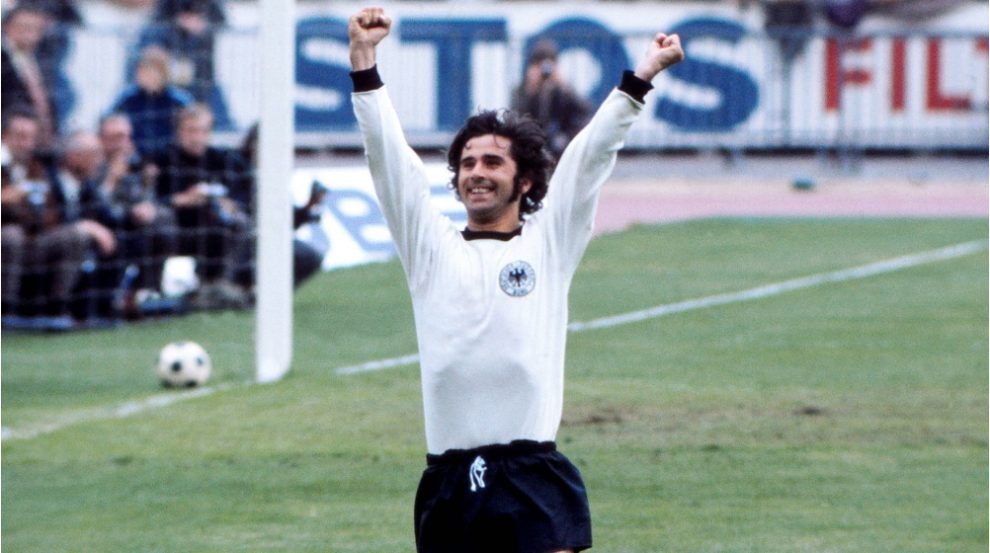In the annals of football history, few players have left as lasting a legacy as Gerd Müller. The German striker, known as “Der Bomber,” possessed an uncanny ability to find the back of the net with astonishing regularity. His exceptional goal-scoring prowess, predatory instincts, and clinical finishing made him one of the most feared and revered strikers of his era. From his prolific goal-scoring exploits to his triumphs with both club and country, Müller’s journey is a testament to his incredible talent and enduring legacy.
Early Career and Rise to Prominence:
Gerd Müller was born on November 3, 1945, in Nördlingen, Germany. He began his professional career with TSV 1861 Nördlingen and then moved on to play for Bayern Munich, where he would become a true legend of the club. Müller’s lethal finishing ability quickly earned him recognition as one of the most promising strikers in German football.
Success with Bayern Munich:
Müller’s time at Bayern Munich from 1964 to 1979 was marked by numerous triumphs. As the focal point of Bayern’s attack, he played a pivotal role in the club’s success. Müller won four Bundesliga titles with Bayern Munich and lifted the European Cup (now the UEFA Champions League) three times, including their historic three consecutive victories from 1973 to 1976.
Müller’s goal-scoring record at Bayern Munich was nothing short of extraordinary. In 427 appearances, he scored a staggering 365 goals, establishing himself as the club’s all-time leading goal scorer. His ability to find space, make incisive runs, and convert chances with deadly precision made him a true icon of Bayern Munich and German football.
International Success and World Cup Triumph:
Gerd Müller’s contributions to the German national team were equally outstanding. He represented his country from 1966 to 1974 and played a crucial role in their success at the 1972 UEFA European Championship, where he finished as the tournament’s top scorer. However, Müller’s crowning glory came at the 1974 FIFA World Cup.
During the World Cup on home soil, Müller’s predatory instincts and clinical finishing led Germany to their second World Cup title. He scored the winning goal in the final against the Netherlands, securing Germany’s place in football history. Müller’s performances in the tournament showcased his ability to deliver on the biggest stage and solidified his status as one of the greatest goal-scorers of all time.
Legacy and Goal-Scoring Records:
Gerd Müller’s impact on the world of football extends far beyond his playing days. His remarkable goal-scoring record, which includes 68 goals in 62 appearances for the German national team, remains a testament to his unrivaled ability to find the back of the net. Müller’s goal-scoring records for Bayern Munich and Germany stood for decades before being surpassed.
Müller’s legacy as a goal-scoring phenomenon continues to inspire aspiring strikers. His relentless work ethic, positioning, and killer instinct in front of goal have become benchmarks for future generations of goal-scorers.
Conclusion:
Gerd Müller’s journey from a young striker in Germany to becoming one of the most revered goal-scorers in football history is a testament to his exceptional talent and goal-scoring prowess. His clinical finishing, predatory instincts, and remarkable records have earned him a place among the all-time greats.
As we reflect on Müller’s illustrious career, let us celebrate his contributions to the sport and the lasting impact he has had as a goal-scoring phenomenon. Gerd Müller will forever be remembered as a player who possessed an extraordinary ability to find the back of the net and left an indelible mark on the history of German and world football.



















Add Comment